News
Dr Wendy Saunders joins 2024 Wānanga Speaker Line-up
Posted 09 05 2024
in News
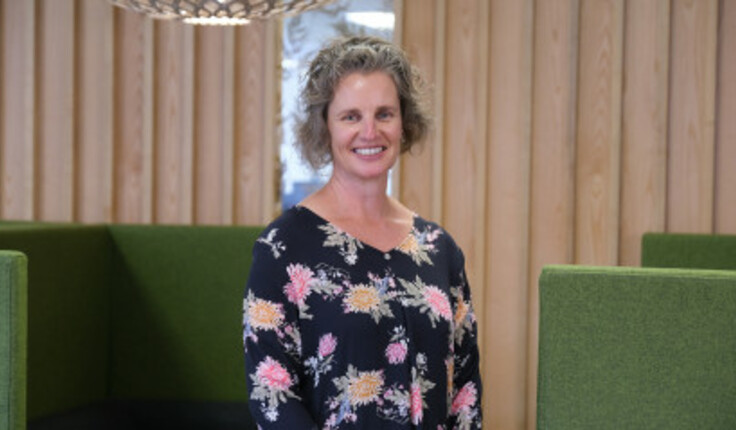
Pre-Design Planning
We are delighted to announce that Wendy Saunders from EQC will be presenting to attendees on the topic of 'Pre-Event Land Use Planning' - design thinking on what could change after an event takes place and planning for that change in advance at the 2024 Wānanga next week.
Wendy holds the position of Principal Advisor Risk Reduction and Resilience at EQC.
Here is a recent article co-authored by the EQC team, including Wendy, along with Professor Iain White from the University of Waikato.
Innovative new model to safeguard urban planning from natural hazards
Urban planning experts at the University of Waikato are developing a new model to support the translation of natural hazard science and planning of future cities.
“New Zealand has all this amazing knowledge about our natural hazards, but we need to get much better at integrating this into planning for future urban growth,” says Professor Iain White, whose project is funded through the EQC Toka Tū Ake University Research Programme, which invests $4.5 million into natural hazard research over the next three years across five New Zealand Universities.
Professor White says the new agent-based model will simulate how ‘agents’ such as developers, planners, and landowners interact with each other so planners can better understand how policy changes, such as with regard to zoning, natural hazards or climate change, affect development behaviour and outcomes.
“We have really good science around climate change and how this might affect hazards, but we need to better understand how our long-term growth plans will intersect with this risk, and how the policy environment shapes developer behaviour.”
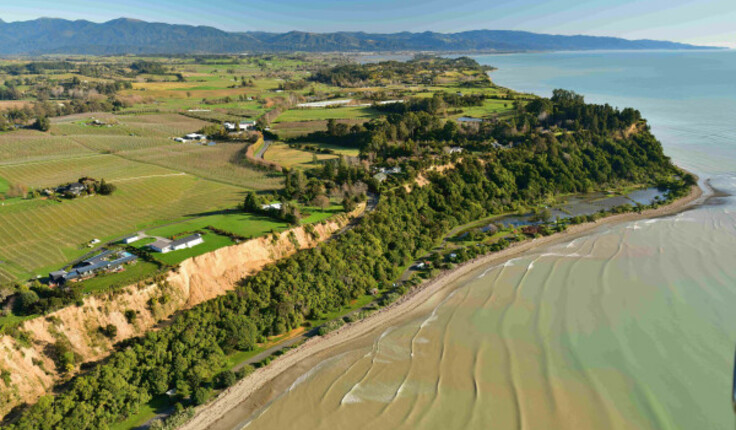
Professor White says that the new model will enable planners and modellers to look decades ahead to see how policy changes could impact urban growth patterns, which will be hugely beneficial to planners and policy makers in improving current decisions.EQC supports the project as part of its goal to reduce the impact of natural events on homeowners.
Dr Wendy Saunders, the Principal Advisor for Risk Reduction and Resilience says that Professor White’s project could be a gamechanger for developers to stop building in areas that are likely to be affected by natural hazards. “The severe weather events in the past year have shown us how much trauma and financial stress could have been avoided with better planning and making the avoidance of natural hazards, or reducing their impacts, a bigger priority.”
Dr Saunders hopes that the new model will enable planners and developers to look further into the future to make sure new developments avoid or reduce potential hazards that can already be predicted with the available science.
Professor White says that councils need more tools to limit developments in potential high hazard areas, and often end up in litigation with developers. “This new model could help avoid litigation by strengthening the evidence base for better long-term decisions.”
Professor White will be supported by a wider team at the University of Waikato, including Dr Xinyu Fu, Dr Sandi Ringham, Dr Silvia Serrao-Neumann and Dr Rob Bell. There are also two Masters’ students, Joel Bishop and Marcus Fletcher, and a PhD student who will collect the data and construct the modelling of how each stakeholder, or agent, will behave in the future.
“Like a video game, we want to create an agent-based modelling tool to predict how each stakeholder will respond when we change aspects of planning policy, incentives or legislation.
“That way we can more accurately predict how and where our cities could expand over the next 20-30 years under different policy scenarios, and make better decisions now that avoid problems and liabilities for future generations.”
Read more articles like this on the EQC website.
Share
09 Feb
Weekly international landscape, climate and urban design update
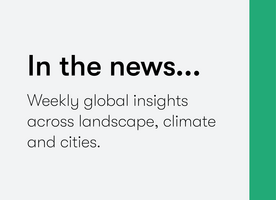
Monday 9 February
This is your weekly international snapshot of what’s happening across landscape architecture, climate adaptation and urban design. Drawing on credible …
02 Feb
RMA Reform submission update
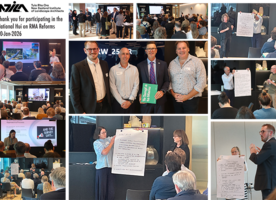
Call for feedback and images
Submission framework The Environmental Legislation Working Group thanks all members who made the effort to join us at the national …
02 Feb
Weekly international landscape, climate and urban design update
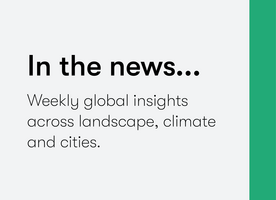
Monday 2 February
This is your weekly international snapshot of what’s happening across landscape architecture, climate adaptation and urban design. Drawing on credible …
Events calendar
Full 2026 calendar